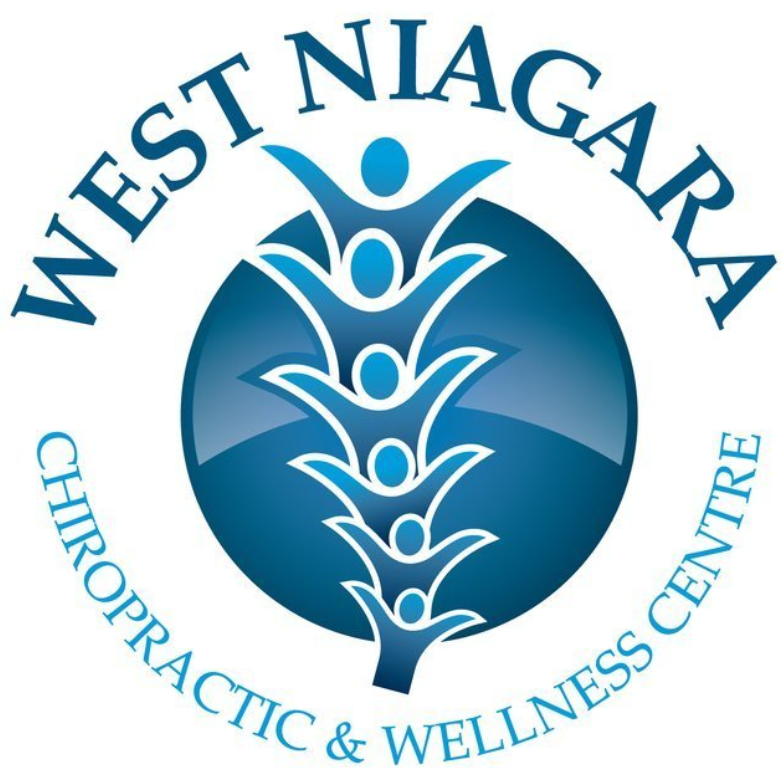Rest and Sleep Matter
Rest is crucial for maintaining overall health and well-being. It allows the body to repair and rejuvenate itself, which is essential for physical health. Adequate rest also plays a significant role in mental health, helping to improve concentration, mood, and cognitive function. Without sufficient rest, individuals are more susceptible to stress, anxiety, and a weakened immune system. By prioritizing rest, we can enhance our productivity, emotional balance, and quality of life.

How Much Sleep is Needed by Age
The amount of sleep needed varies significantly across different age groups. Here is a general guideline:
- Newborns (0-3 months): Newborns require 14-17 hours of sleep per day. Their sleep patterns are often erratic, with frequent naps spread throughout the day and night.
- Infants (4-11 months): Infants typically need 12-15 hours of sleep. Establishing regular nap times and a bedtime routine can help promote better sleep during this stage.
- Toddlers (1-2 years): Toddlers need about 11-14 hours of sleep, usually including one or two daytime naps.
- Preschoolers (3-5 years): Preschoolers should get 10-13 hours of sleep per day. Consistent bedtime routines and limited screen time before bed can support healthy sleep habits.
- School-age children (6-13 years): This age group requires 9-11 hours of sleep. Sleep becomes increasingly important as academic and extracurricular demands grow.
- Teenagers (14-17 years): Teenagers need 8-10 hours of sleep. While the desire to stay up late and sleep in is common, maintaining a regular sleep schedule is crucial for their development and academic performance.
- Young Adults (18-25 years): Young adults should aim for 7-9 hours of sleep each night. Balancing academic, social, and work responsibilities can be challenging, making sleep a critical factor for overall well-being.
- Adults (26-64 years): Adults generally need 7-9 hours of sleep. Prioritizing sleep can improve productivity, mood, and physical health.
- Older Adults (65+ years): Older adults typically require 7-8 hours of sleep. As sleep patterns change with age, focusing on good sleep hygiene can help in getting adequate rest.
Understanding these guidelines can help individuals and families prioritize sleep and promote better health through all stages of life.
Are Sleep and Rest the Same Thing?
Though sleep and rest are closely related, they are not the same. Sleep is a specific, active process that involves several restorative stages, including REM (rapid eye movement) and non-REM sleep. It is necessary for cognitive functions such as memory consolidation and emotional regulation.
Rest, on the other hand, involves relaxation and respite from physical or mental exertion. It can include activities such as meditating, reading, or simply sitting quietly, allowing the body and mind to unwind without necessarily leading to sleep. Both sleep and rest are essential for overall well-being, but they serve distinct purposes within our daily lives.
Adequate sleep is necessary for basic physiological restoration, whereas rest helps to reduce stress and restore energy levels. Understanding the differences and ensuring we get enough of both can significantly enhance our health and quality of life.
Whether or not you’ve had a chiropractic injury, know that rest and sleep are important! Speak with any of the medical professionals at West Niagara Chiropractic and Wellness Clinic about the need for rest and sleep in your wellness journey. Call them at 905-945-3730.












